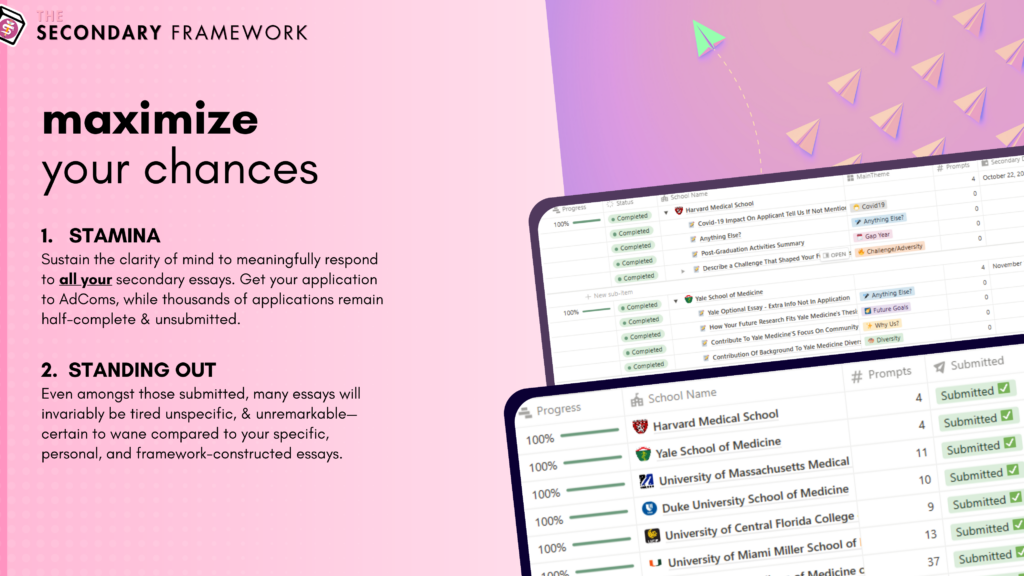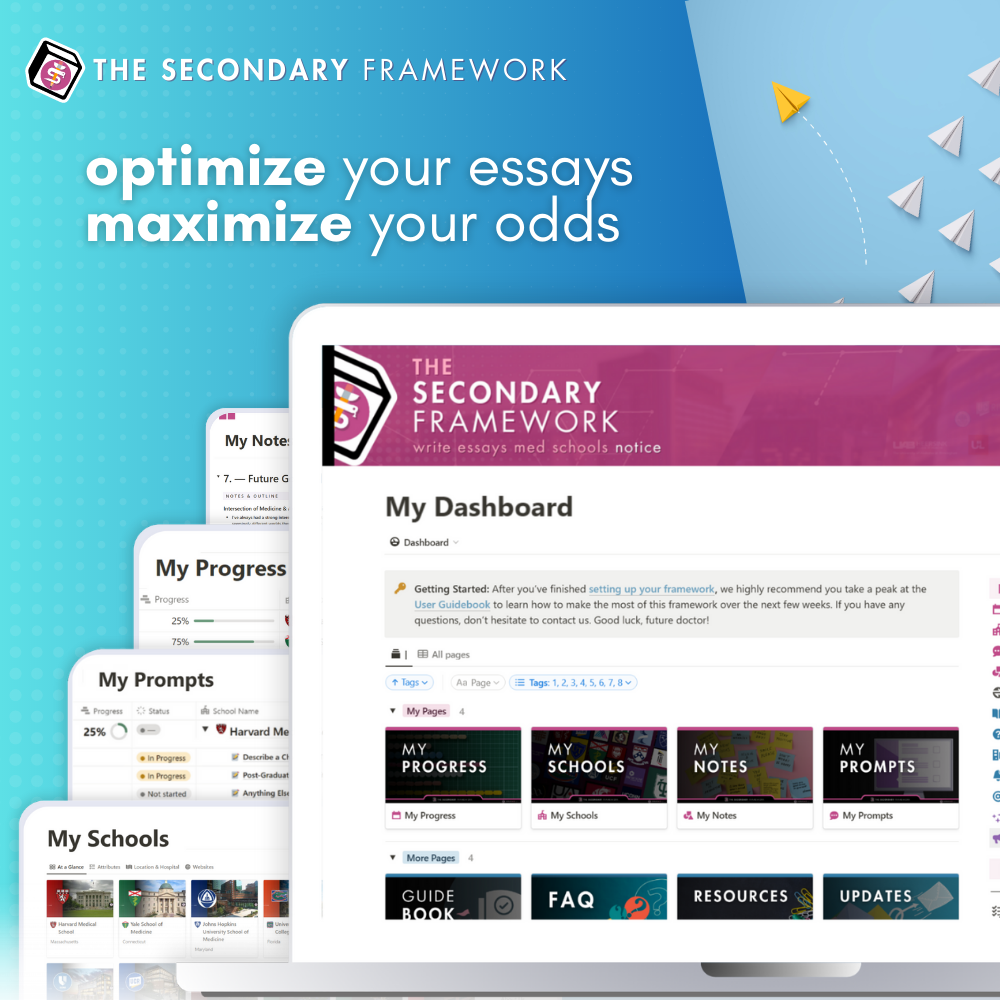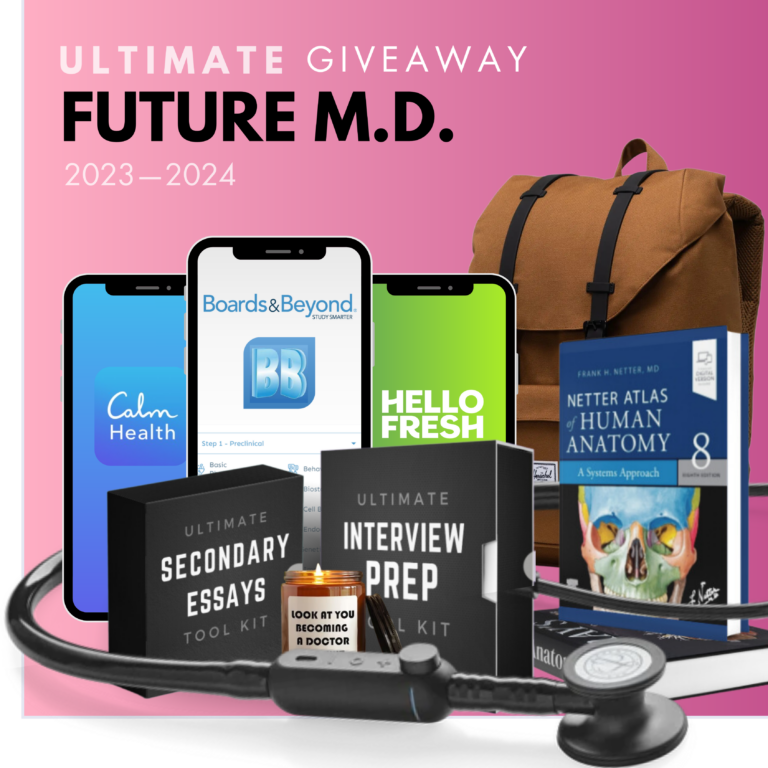Becoming a medical school applicant comes with its unique set of challenges, particularly for nontraditional students who may have taken unconventional paths or have different life experiences. However, being a nontraditional applicant also brings distinct advantages that can make you a stronger candidate. In this article, we will explore ten valuable tips to help nontraditional applicants navigate the medical school admissions process effectively, leveraging their unique experiences and strengths.
Tip 1: Apply when you are ready and have enough experience:
Nontraditional applicants often bring a wealth of life experience to their medical school journey. It is crucial to wait until you feel ready and confident in pursuing this path. Take the time to build a solid foundation of experiences in the medical field, whether through volunteering, shadowing, or clinical exposure to strengthen your application.
Tip 2: Share your personal challenges and how they shaped you:
Nontraditional applicants often have faced personal challenges that have shaped their motivation and commitment to medicine. Use your personal statement to articulate how these experiences have influenced your decision to pursue a career in medicine. Emphasize the valuable perspectives you gained, highlighting resilience, adaptability, and empathy.
Tip 3: Prepare well for the MCAT and take it when you are confident:
The Medical College Admission Test (MCAT) is a critical component of the medical school application process. Dedicate ample time to study, ensuring you are thoroughly prepared before taking the exam. Consider enrolling in a comprehensive MCAT preparation course or utilizing study materials to optimize your performance.
Tip 4: Consider taking additional classes to show recent academic success:
If your undergraduate education was completed some time ago, consider taking additional classes to demonstrate recent academic success. This shows admissions committees your commitment to academic excellence and provides evidence of your ability to handle the rigorous coursework of medical school.
Tip 5: Seek out clinical and research opportunities in the medical field:
Gaining clinical and research experience is essential for all medical school applicants, particularly nontraditional ones. Pursue opportunities to work or volunteer in healthcare settings, allowing you to gain firsthand exposure to the field and demonstrate your commitment to patient care and scientific inquiry.
Tip 6: Explain your motivation and commitment to medicine in your personal statement:
In your personal statement, clearly articulate your motivation for wanting to become a physician. Share how your unique background and experiences have driven your commitment to medicine. Demonstrate your understanding of the challenges and rewards of the profession and explain how you can contribute to the field with your distinct perspective.
Tip 7: Get letters of recommendation from recent and past professors:
Secure strong letters of recommendation to support your application. Reach out to recent professors who can speak to your academic abilities and personal growth, as well as past mentors or employers who can attest to your work ethic, character, and passion for medicine.
Tip 8: Explain any gaps in your work history due to personal or family issues:
Nontraditional applicants may have gaps in their work history, due to personal or family responsibilities. Use the designated sections of your application or secondary essays to provide context and explain any interruptions in your work trajectory. Focus on how these experiences have reinforced your commitment to medicine and developed essential skills.
Tip 9: Emphasize your unique strengths and perspective from your non-medical background:
Nontraditional applicants bring diverse strengths and perspectives to the medical field. Emphasize how your unique background, skills, and experiences can contribute to a broader understanding of patient care or address specific healthcare disparities.
Tip 10: Look for schools that value diversity and holistic medicine:
Research medical schools that value diversity and recognize the importance of a diverse medical workforce. These institutions are more likely to appreciate the contributions of nontraditional applicants and are committed to holistic review processes that consider the entire applicant, beyond grades and test scores.
Conclusion:
Navigating the medical school admissions process as a nontraditional applicant requires a distinct approach. By following these ten tips, nontraditional students can leverage their unique experiences and strengths, showcasing their commitment, resilience, and diverse perspectives. Remember, your nontraditional background is an asset that sets you apart and makes you a stronger applicant. Use it to your advantage, build a compelling application, and embark on your journey to become a successful physician.







